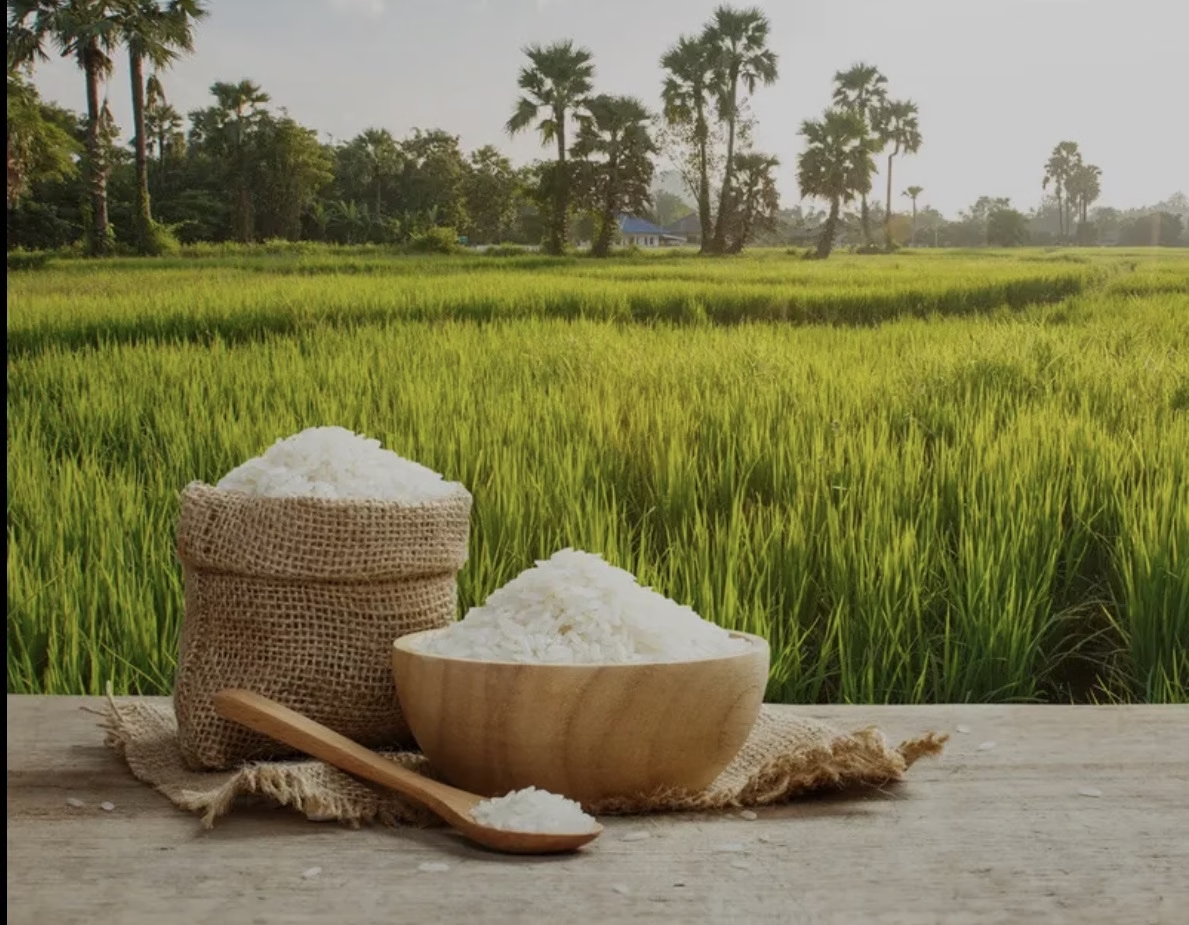Imported Rice Cartel Crippling Ghana’s Local Farmers: How Political Lobbying and Banking Bias Are Killing Agricultural Growth

Ghana’s quest for food self-sufficiency continues to stumble—not because the country lacks fertile land, hardworking farmers, or technical capacity—but because a powerful network of rice importers has succeeded in capturing the market and political will. Across the country, thousands of local rice farmers struggle to survive, while the import cartel, backed by well-connected financiers and political patrons, dictates pricing, policy, and trade flows.
The Silent War Between Local Farmers and Importers
At the heart of Ghana’s agricultural crisis lies a deep structural imbalance. While local farmers toil for six months to cultivate rice from seed to harvest, importers can ship in finished rice from Asia—especially Vietnam, Thailand, and India—four times within the same period. With faster returns and fewer risks, banks find it far more lucrative to finance importation than production.
“The banks treat importers like kings and farmers like beggars,” says an agricultural economist at the University of Ghana. “An importer can get a loan in days to bring in rice, but a farmer with a hectare ready for irrigation faces endless paperwork and collateral demands.”
This bias, experts say, has left Ghana’s local rice industry stagnant. Farmers in areas like Fumbisi, Dawhenya, and Kpong lament that they cannot compete with cheaper imported rice that floods markets each year—ironically, sometimes subsidized by the very countries exporting them.
Political Complicity: The Cartel Nobody Wants to Fight
Behind the scenes, major rice importers are said to wield immense political influence, lobbying both ruling and opposition parties to ensure their business interests remain untouched. According to insiders, these cartels have succeeded in convincing policymakers that restricting imports would hurt urban consumers by raising prices—a short-term argument that overshadows the long-term need for agricultural independence.
A retired policy advisor put it bluntly:
“Every government knows the solution—invest in irrigation, mechanization, and fair credit for farmers—but they fear the backlash from powerful importer lobbies who fund political campaigns. So, they scratch the surface with fertilizer subsidies and slogans while farmers sink deeper.”
A Tale of Two Countries: Ghana and Nigeria
The contrast with Nigeria is striking. Nigeria’s government, despite initial challenges, made a decisive move years ago to ban most rice imports, channeling investment into local mills and farmer cooperatives. Today, Nigerian brands like Lake Rice and Mama Pride are household names, and the country’s local rice industry employs millions.
Ghana, meanwhile, imports over 70% of the rice it consumes, spending close to US$500 million annually—money that could create jobs, develop rural economies, and stabilize food prices domestically. Local brands such as Avnash and GADCO remain exceptions rather than the rule, struggling to compete with cheaper imported alternatives.
The Cost of Neglect: Jobs, Food Security, and Hope
Agriculture remains the single largest employer in Ghana, yet its potential to absorb youth unemployment remains underutilized. Young people in agrarian regions are abandoning farms for urban hustle because farming no longer pays.
“If the government were serious about jobs, it would fix agriculture first,” says a farmer from the Volta Region. “You cannot talk about industrialization when you can’t feed your industries with raw materials.”
Ghana’s rice import dependence also exposes it to global shocks—such as price hikes from climate impacts in Asia or disruptions to shipping routes. The result is a fragile food system that undermines national security.
The Way Forward: Structural Reform, Not Slogans
For Ghana to break the cycle, agricultural analysts recommend bold steps:
- Agricultural Financing Reform – Mandate banks to allocate a fixed percentage of lending to primary food production and agribusiness processing, at rates competitive with trade loans.
- Import Regulation & Tariff Alignment – Gradually reduce rice import quotas while incentivizing local milling, packaging, and branding.
- Infrastructure Investment – Prioritize irrigation schemes, mechanization centers, and warehouse systems to reduce post-harvest losses.
- Public Procurement for Local Rice – Enforce “Buy Ghana Rice” policies for schools, hospitals, and the military.
- Depoliticize Agriculture – Create an independent agricultural development authority insulated from partisan interference.
A National Call for Food Sovereignty
Ghana’s reliance on imported rice is not merely an economic issue—it’s a sovereignty issue. When a nation cannot feed itself, it surrenders its most fundamental power. The cartelization of food imports, aided by political complacency, is slowly eroding the foundation of national self-reliance.
If agriculture is indeed the backbone of Africa’s economy, then Ghana’s current policy posture risks breaking that backbone. The time has come for political leaders—on both sides—to resist importer lobbies and build systems that reward production over importation.
Because without structural reform, Ghana’s farmers will continue to plant hope and harvest disappointment.
By Nsemgh Editorial Team
(For inquiries or publication rights: info@nsemgh.com)

